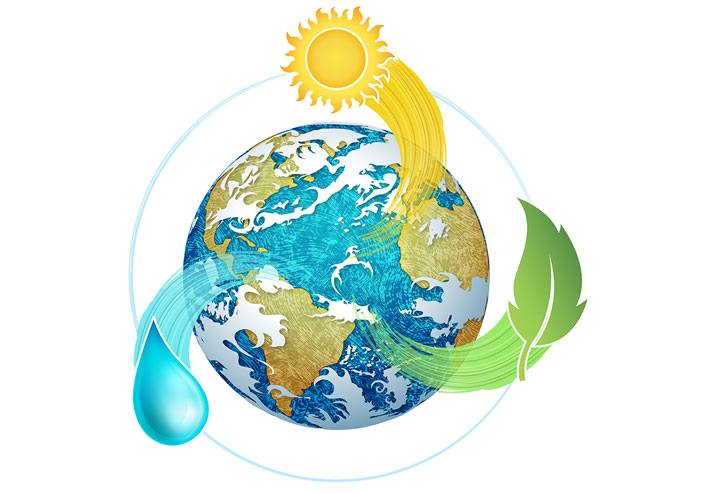Atmospheric Composition and Convection Workshop
August 26-28, 2014 | NASA Jet Propulsion Laboratory, Pasadena CA

About this workshop
Atmospheric convection and its impacts continue to present a significant challenge to modeling of both climate and atmospheric composition. The global impacts of convection on cloud fields and on the spatial distribution of water vapor and trace gases are large and poorly quantified, leading to significant uncertainties in radiative forcing and in the impact on global air quality. Atmospheric composition observations have been used to inform the modeling and parameterization of convective transport and associated chemistry. However, the majority of these studies have been based on field-campaign data and the application of satellite-based composition observations to this problem is in its infancy, with only a few such studies published to date. The goals of this workshop are:
- To increase the dialogue between the atmospheric chemistry and climate modelingcommunities, leading to improvements in convective parameterizations in globaland regional climate and atmospheric chemistry models.
- To build collaborations between (JPL) scientists engaged in atmospheric modelingof convection and those engaged in atmospheric composition observations.
- To elucidate requirements for future space-based atmospheric science missions The focus of the workshop will be on deep convection, for which satellite observations of atmospheric composition are likely to be more insightful than is the case for shallower convective systems.
This workshop is by invitation.
Contact: jpl.climate.center@jpl.nasa.gov
